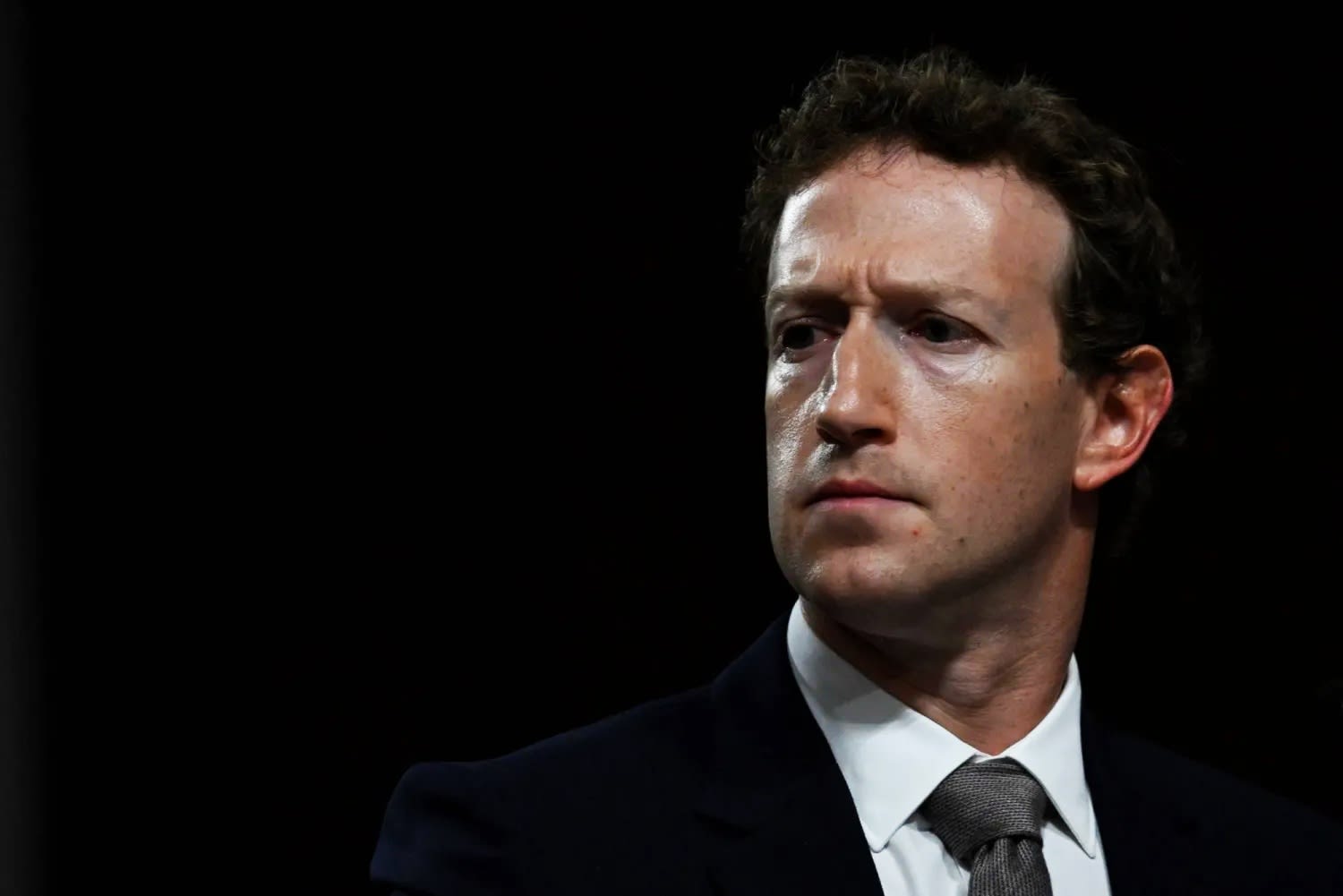The CEO of Meta, Mark Zuckerberg, is facing significant challenges in the antitrust case that could lead to the separation of its subsidiaries "Instagram" and "WhatsApp" from Meta.
The case brought by the U.S. Federal Trade Commission against the company accuses Meta of engaging in illegal monopolistic practices in the social media market through its acquisitions of major communication apps like "Instagram" and "WhatsApp."
As the Commission concluded its case presentation in court, Meta is now obligated to present its defense in the coming weeks before Judge James Boasberg in Washington.
The main argument Meta promotes in its defense is that its goal in acquiring these two apps was to enhance their services and expand its competitive portfolio in the market against other competitors like "TikTok" and "YouTube," as reported by Bloomberg.
Despite Meta's motion to dismiss the lawsuit due to what it described as insufficient evidence, the Federal Trade Commission affirms that it has submitted over 100 documents proving that Meta maintained its monopoly by acquiring its key competitors to avoid competition.
While the Federal Trade Commission does not doubt Meta's competition against other companies like "TikTok" and "YouTube," it asserts that the primary market for competition in personal social networking is what Meta acquired through its apps, contributing to a decline in its services' quality such as privacy and increased advertisements.
Meta, on the other hand, argues that the Federal Trade Commission's definition of the market is overly narrow, excluding other competitors like "TikTok" and "iMessage" from "Apple."
The trial proceedings witnessed prominent testimonies from Zuckerberg and Sheryl Sandberg, Meta's former Chief Operating Officer, in addition to the company's defense based on statements from "Snap" employees regarding the market competition effects.

